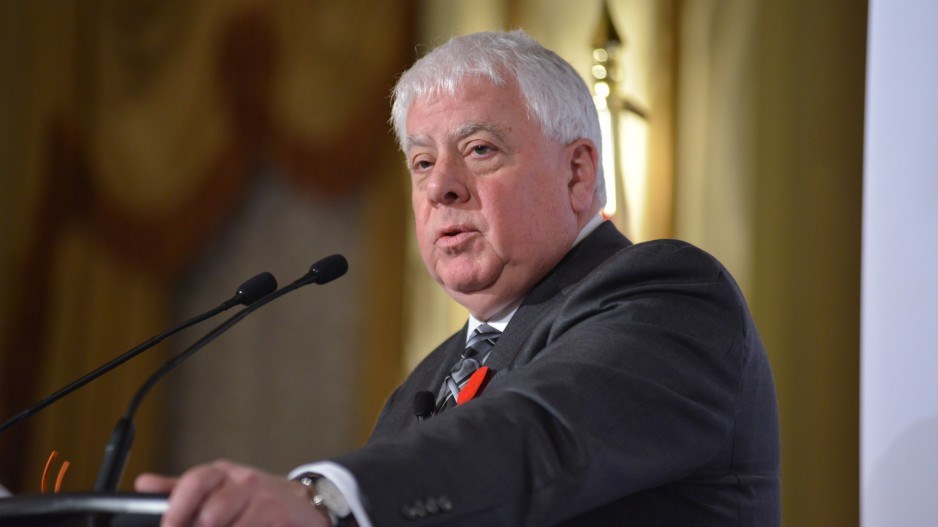The estimated capital cost of expanding the Trans Mountain pipeline has risen again by an additional $600 million.
In an update Thursday March 9, Kinder Morgan (NYSE:KMP) said the cost of expanding the 1,150-kilometre pipeline is now estimated at $7.4 billion.
That’s a $2 billion increase from the $5.4 billion estimate in 2014, and a $600 million increase from the more recent estimate of $6.8 billion. Despite those additional costs, the company said shippers who have committed to long-term offtake agreements are still on board.
In a news release, Kinder Morgan said several factors have increased the project’s estimated capital costs, including 157 conditions established by the National Energy Board.
And as a result of public pressure, the company also agreed to using a thicker pipe, and decided on a more costly routing option in Burnaby – tunneling under Burnaby Mountain – to reduce impacts on the city.
The project is also facing $1 billion in additional long-term costs from what has been described as “extortion” from the B.C. government.
Kinder Morgan recently agreed to a revenue sharing agreement that will see the B.C. government receive $25 million to $30 million annually in revenue sharing from the pipeline over a 20-year period.
That was the cost of meeting one of B.C.’s five conditions for support: that B.C. gets its “fair share” of revenue from the project.
Gordon Gibson, a former BC Liberal Party leader, has characterized the $1 billion commitment as “extortion” and contrary to the principles of Canadian confederation.
When the pipeline’s expansion was first proposed, 13 shippers signed up for long-term commitments to pipeline capacity for 15- and 20-year periods. Those commitments accounted for 708,000 barrels of capacity – 80% of the total capacity of 890,000 barrels.
Following the NEB’s approval, Trans Mountain went back to shippers with the new updated cost estimate to give them the option of maintaining their commitments or backing out.
Kinder Morgan said shippers have “turned back” just 22,000 barrels in commitments. That freed up capacity is now be offered to other shippers in an open season bid.
“It’s been a lengthy and rigorous process and in spite of the many changes in the markets over the five years since our customers signed on, we knew commercial support for this project remained strong,” Kinder Morgan Canada president Ian Anderson said in a press release.
“Over the past five years, we’ve listened to Canadians and made changes to the Project that have increased costs, but made our project better.
“We’re proud of the project we’ve developed and how it reflects the values and priorities of our communities and we’re pleased our customers have re-confirmed their support and interest in its purpose of delivering much needed west-coast access for their products.”




